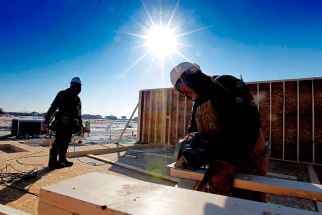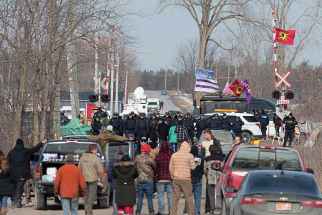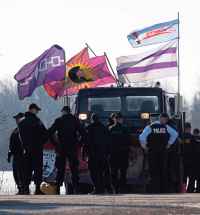A much-needed show of restraint
Read this article for free:
or
Already have an account? Log in here »
To continue reading, please subscribe:
Monthly Digital Subscription
$0 for the first 4 weeks*
- Enjoy unlimited reading on winnipegfreepress.com
- Read the E-Edition, our digital replica newspaper
- Access News Break, our award-winning app
- Play interactive puzzles
*No charge for 4 weeks then price increases to the regular rate of $19.00 plus GST every four weeks. Offer available to new and qualified returning subscribers only. Cancel any time.
Monthly Digital Subscription
$4.75/week*
- Enjoy unlimited reading on winnipegfreepress.com
- Read the E-Edition, our digital replica newspaper
- Access News Break, our award-winning app
- Play interactive puzzles
*Billed as $19 plus GST every four weeks. Cancel any time.
To continue reading, please subscribe:
Add Free Press access to your Brandon Sun subscription for only an additional
$1 for the first 4 weeks*
*Your next subscription payment will increase by $1.00 and you will be charged $16.99 plus GST for four weeks. After four weeks, your payment will increase to $23.99 plus GST every four weeks.
Read unlimited articles for free today:
or
Already have an account? Log in here »
Hey there, time traveller!
This article was published 24/02/2020 (2118 days ago), so information in it may no longer be current.
The Ontario Provincial Police response to the rail blockade at Tyendinaga is a far cry from how law enforcement handled such protests 20 or 30 years ago.
Another crisis of Canada's own making

Posted:
It’s around 7 a.m., and there’s a knock on my bedroom door.
OPP officers waited 19 days to enforce a court order to remove Indigenous protesters from CN Rail tracks. Despite calls by some (including federal Conservative Leader Andrew Scheer) to go in half-cocked and make immediate arrests, police used restraint, sent in liaisons, talked with protesters, tried to de-escalate the situation, and did everything in their power to avoid using force.
Even after Prime Minister Justin Trudeau called Friday for the blockades to come down (he didn’t “order” police to do so, as some have wrongly claimed), the OPP waited three days before making arrests. Even then, the day before, they gave protesters a chance to leave, including an offer of amnesty to anyone who disbanded by midnight Sunday.
Police waited eight more hours after that deadline before moving in Monday. They asked protesters to leave; when they didn’t, the arrests began.
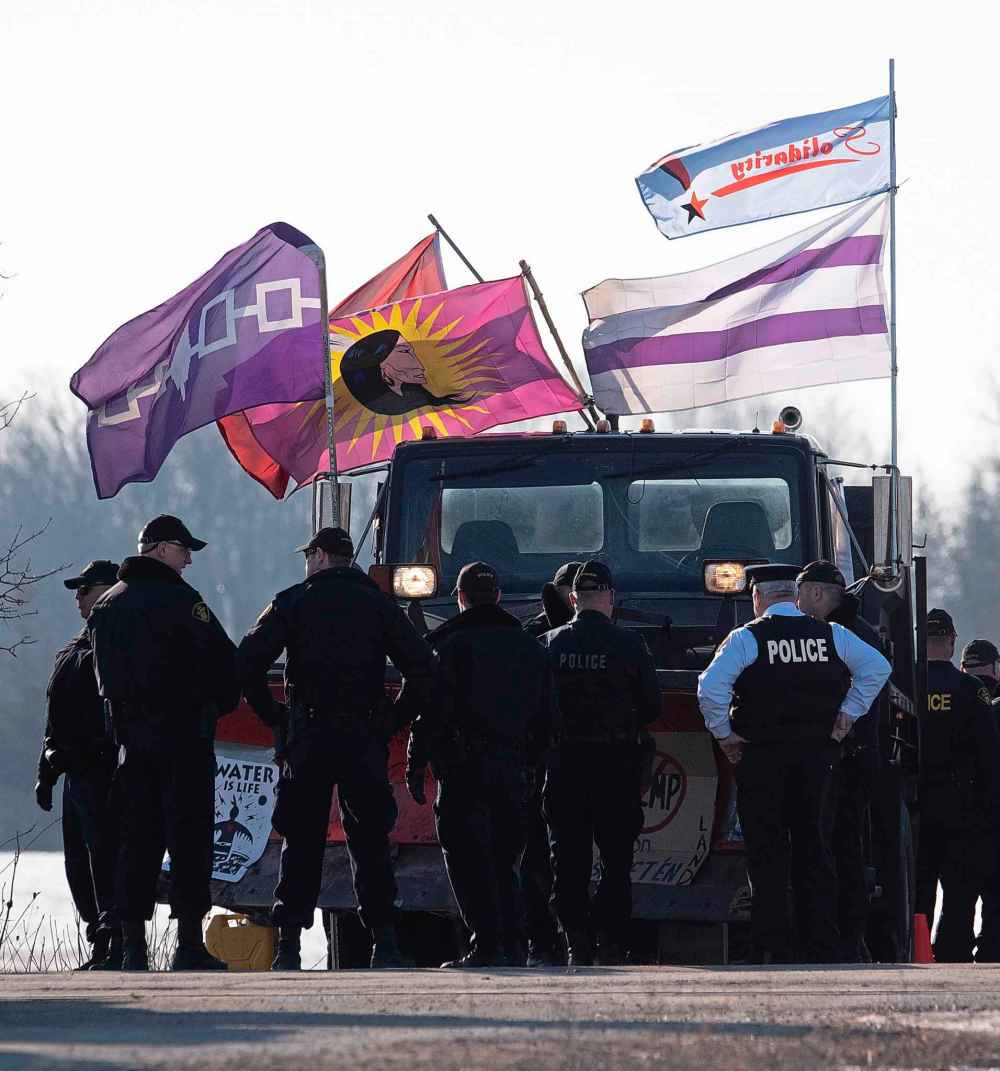
It wasn’t much of a clash. No firearms, Tasers, or pepper spray cannisters were drawn. Not a single police baton was raised. Several protesters wanted to fight; they were handcuffed by police. One or two were forced to the ground, and a dozen or so were arrested.
Police showed extreme restraint and did not use more force than necessary. There were no serious injuries.
In the past, Canadian police were far more militant in how they responded to such protests. They were much quicker to use force, often with disastrous outcomes. In this case, the OPP deserves praise for how they handled a difficult and politically explosive situation.
It’s regrettable it had to come to this, but, eventually, court orders must be enforced, just as governments must follow court rulings when they apply to them.
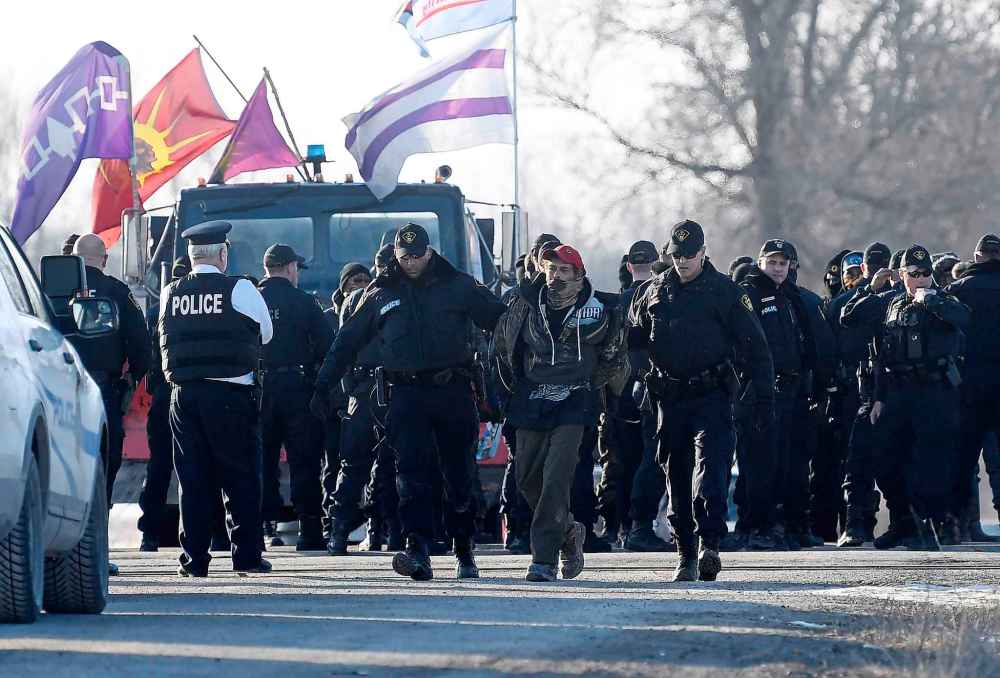
When courts strike down legislation because it violates the constitution, for example (or when courts rule governments must consult with Indigenous groups before proceeding with a natural resource project), we expect the ruling to be followed.
It’s not a perfect system, but resolving conflict through the courts or other tribunals when talks or negotiations fail is the only way to maintain order in society.
If anyone believes the OPP should have ignored the court injunction in question, they would have to accept respondents in other cases (including governments) could do the same when a decision doesn’t suit them. That would lead to anarchy.
Protests, illegal or otherwise, are part of democracy.
The current round has raised awareness about Indigenous issues. That includes Aboriginal land rights of the Wet’suwet’en in British Columbia (which were confirmed by the Supreme Court of Canada in 1997) and the conflicts that arise when their interests clash with those of elected band councils under the Indian Act. These are complicated issues which are not easily resolved. Most Canadians wouldn’t even be aware of them, if not for the protests.
It’s also unlikely provincial regulators in B.C. would have ordered another round of consultations with Wet’suwet’en hereditary chiefs (which just occurred last week) regarding the controversial Coastal GasLink pipeline project, were it not for the recent protests.
It’s a crappy way for Indigenous people (who have been abused under colonial rule for more than 150 years and who continue to live in third-world conditions in many cases) to have to push for change. It speaks to the continued failure of Canada and all governments to make real progress in improving the lives of Indigenous people.
The fact protests arise is no great shock; the only real surprise is they haven’t become more militant. Just as the OPP have shown restraint, so too have many Indigenous protesters, including those at the Tyendinaga, Ont., site.
The fact protests arise is no great shock; the only real surprise is they haven’t become more militant. Just as the OPP have shown restraint, so too have many Indigenous protesters, including those at the Tyendinaga, Ont., site.
At the end of the day, order must be maintained; the alternative is unthinkable.
There will be more protests, court orders and police responses. Government leaders should take that as a cue to ramp-up reconciliation efforts.
If they fail, they do so at the peril of all Canadians — but it’s Indigenous communities that will suffer the most.
tom.brodbeck@freepress.mb.ca

Tom has been covering Manitoba politics since the early 1990s and joined the Winnipeg Free Press news team in 2019.
Our newsroom depends on a growing audience of readers to power our journalism. If you are not a paid reader, please consider becoming a subscriber.
Our newsroom depends on its audience of readers to power our journalism. Thank you for your support.








